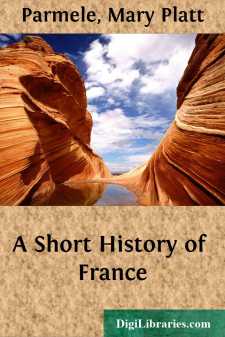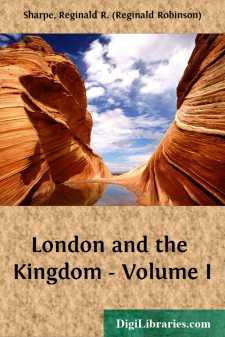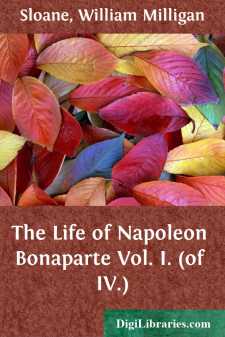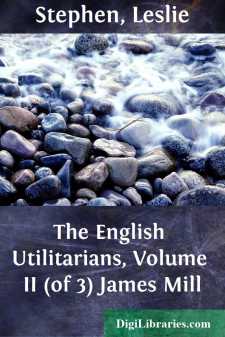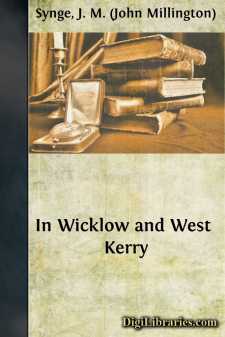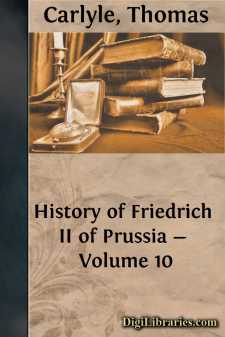History
- Africa 30
- Americas (North Central South West Indies) 50
- Ancient 68
- Asia 58
- Australia & New Zealand 8
- Canada 41
- Caribbean & West Indies 1
- Civilization 20
- Eastern Europe 12
- Europe
- Expeditions & Discoveries 60
- General 77
- Historical Geography 1
- Jewish 9
- Latin America 3
- Medieval 8
- Middle East 14
- Military 248
- Revolutionary 8
- Study & Teaching 5
- United States 353
- Western Europe 56
- World 13
Europe Books
Sort by:
CHAPTER I. One of the greatest achievements of modern research is the discovery of a key by which we may determine the kinship of nations. What we used to conjecture, we now know. An identity in the structural form of language establishes with scientific certitude that however diverse their character and civilizations, Russian, German, Englishman, Frenchman, Spaniard, are all but branches from the same...
more...
PREFACE. Of the numerous works that have been written on London, by which I mean more especially the City of London, few have been devoted to an adequate, if indeed any, consideration of its political importance in the history of the Kingdom. The history of the City is so many-sided that writers have to be content with the study of some particular phase or some special epoch. Thus we have those who...
more...
CHAPTER I Triumphant returning at night with the spoil,Like Bachanals, shouting and gay:How sweet with a bottle and song to refresh,And lose the fatigues of the day.With sport, wit, and wine, fickle fortune defy,Dull 'wisdom all happiness sours;Since Life is no more than a passage at best,Let's strew the way over with flowers. "THEY order these things better in London," replied the...
more...
This life of Napoleon was first published in 1896 as a book: for the years 1895-96 it ran as a serial in the pages of the Century Magazine. Judging from the sales, it has been read by many tens if not hundreds of thousands of readers; and it has been extensively noticed in the critical journals of both worlds. Throughout these fourteen years the demand has been very large and steady, considering the...
more...
by:
Leslie Stephen
CHAPTER I JAMES MILL I. EARLY LIFE Bentham's mantle fell upon James Mill. Mill expounded in the tersest form the doctrines which in Bentham's hands spread into endless ramifications and lost themselves in minute details. Mill became the leader of Bentham's bodyguard; or, rather, the mediator between the prophet in his 'hermitage' and the missionaries who were actively engaged...
more...
by:
David Hume
Had the subscribers of this zealous league been content only to demand a toleration of the new opinions, however incompatible their pretensions might have been with the policy of the church of Rome, they would have had the praise of opposing tyrannical laws, enacted to support an establishment prejudicial to civil society: but it is plain that they carried their views much further; and their practice...
more...
The Vagrants of Wicklow Some features of County Wicklow, such as the position of the principal workhouses and holiday places on either side of the coach road from Arklow to Bray, have made this district a favourite with the vagrants of Ireland. A few of these people have been on the roads for generations; but fairly often they seem to have merely drifted out from the ordinary people of the villages,...
more...
THE CONSULATE (1799-1804). For more than ten years, amid unheard of shocks and sufferings, France had been seeking for a free and regular government, that might assure to her the new rights which had only been gained through tribulation. She had overthrown the Monarchy and attempted a Republic; she had accepted and rejected three constitutions, all the while struggling single-handed with Europe,...
more...
by:
Thomas Carlyle
Chapter I. — MANSION OF REINSBERG. On the Crown-Prince's Marriage, three years ago, when the AMT or Government-District RUPPIN, with its incomings, was assigned to him for revenue, we heard withal of a residence getting ready. Hint had fallen from the Prince, that Reinsberg, an old Country-seat, standing with its Domain round it in that little Territory of Ruppin, and probably purchasable as was...
more...
by:
Victor Hugo
December 20, 1848 On Thursday, December 20, 1848, the Constituent Assembly, being in session, surrounded at that moment by an imposing display of troops, heard the report of the Representative Waldeck-Rousseau, read on behalf of the committee which had been appointed to scrutinize the votes in the election of President of the Republic; a report in which general attention had marked this phrase, which...
more...


